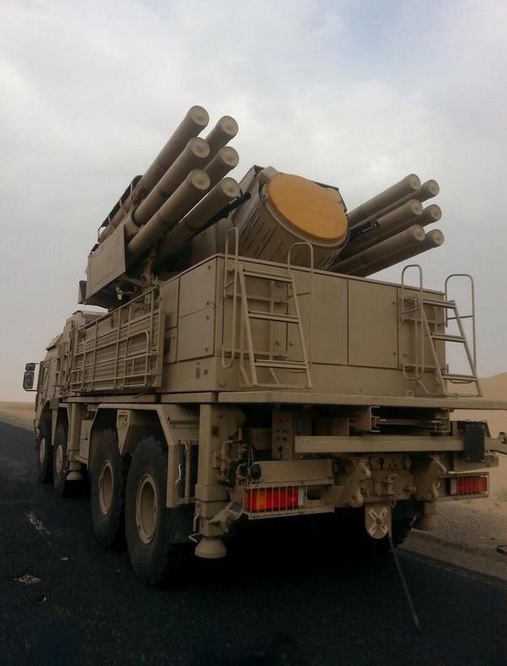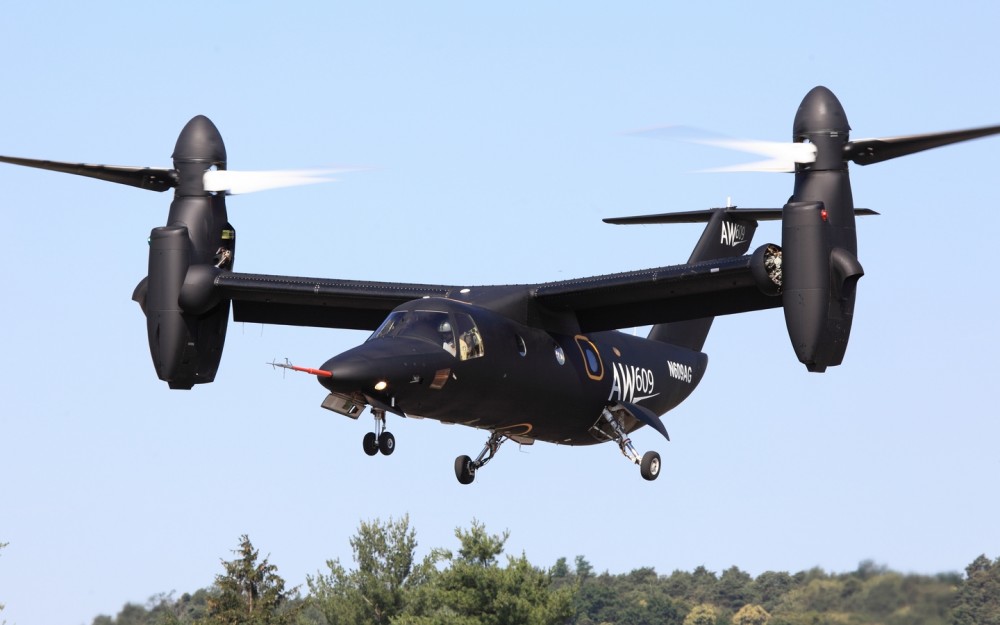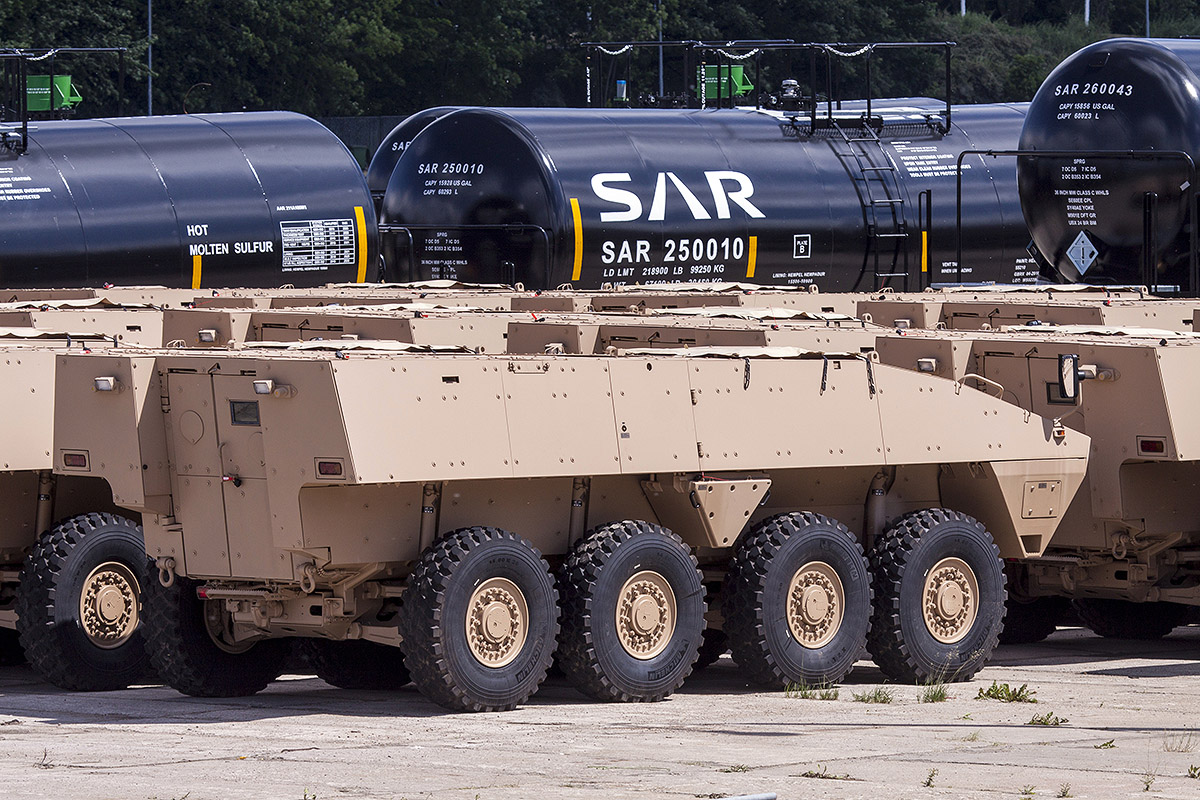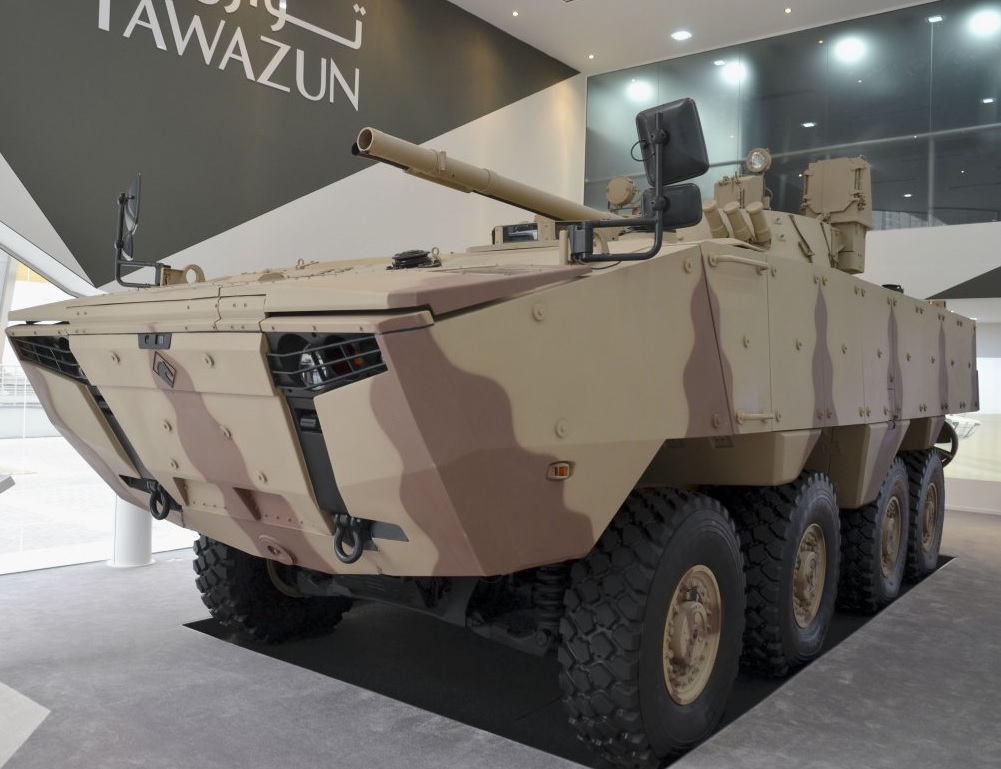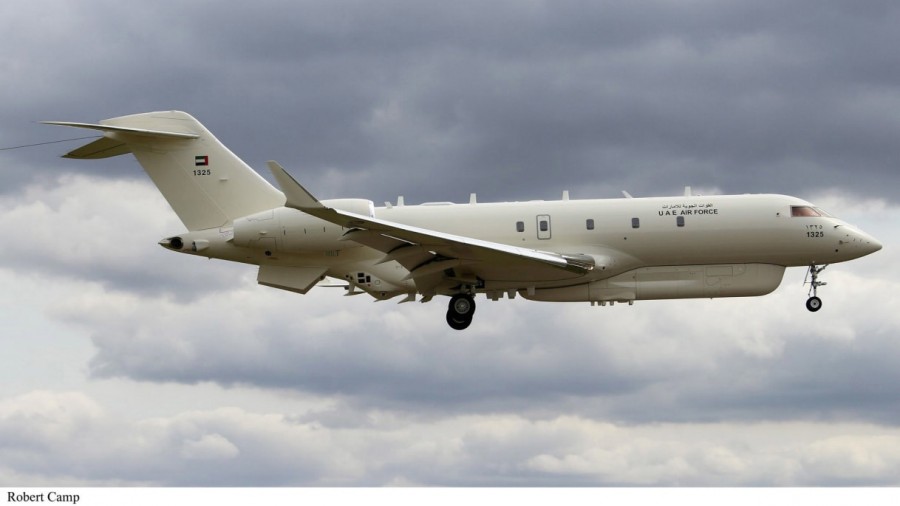 NickM Sat Nov 10, 2012 8:54 pm
NickM Sat Nov 10, 2012 8:54 pm
BBC :
Britain and the United Arab Emirates have announced a joint defence partnership, following David Cameron's two-day visit to the country.
The PM has been in the Gulf to strengthen the UK's defence, security and commercial ties in the region.
No 10 said the two countries had agreed "a defence industrial partnership" involving "close collaboration" on the Typhoon jet.
The UAE has not agreed to buy a Typhoon but "it is a marker of their interest".
A Downing Street spokesman said it was a "step in the right direction" and collaboration would also take place around "a number of new technologies".
Britain is looking to sell Typhoon jets to Dubai and Saudi Arabia, despite allegations of human rights abuses.
Speaking ahead of the announcement, Mr Cameron told the BBC he would make "absolutely no apologies" for talking to the UAE and Saudi Arabia about "defence partnerships".
"Their security is important for our security and this is vital for British jobs," he said.
Since arriving in the UAE, Mr Cameron has attended trade shows and held behind-the-scenes discussions with rulers and business leaders, in what is one of the richest countries in the world.
Largest funds
Mr Cameron has given little away so far on what discussions he has had on the human rights situation, which is described by campaigners as "deteriorating", says Frank Gardner, the BBC security correspondent.
On Tuesday the prime minister met representatives of three of the largest sovereign wealth funds in the UAE, which are all focused on energy investment, before flying to Saudi Arabia - where he will meet the country's King Abdullah and the Crown Prince Salman.
Continue reading the main story
Analysis
Frank Gardner
BBC security correspondent
David Cameron has completed the first leg of his three-nation Middle East trip in the UAE and now begins the hard part: his meeting with Saudi Arabia's King Abdullah and the Crown Prince Salman in Jeddah.
As usual, the outward courtesies will all be there: the VIP reception, the ceremonial thimble cups of cardamom coffee and the polite small talk for the cameras. But privately there are real tensions in the UK-Saudi relationship, mainly in differences over the Arab Spring democracy movement.
The Saudis have told me they are "insulted" by the prospect of a UK Parliamentary inquiry into relations between the two countries. They say they believe its been prompted by activists working to an Iranian agenda in the Gulf.
The king is also likely to complain to David Cameron about a London-based Saudi dissident, Dr Saad Al-Faqih. The Saudi leadership considers him complicit in terrorism but Britain has seen no reason to arrest him.
The issue may well overshadow Number 10's bid to sell more Typhoon jets to Saudi Arabia on top of the 72 already ordered.
The BBC's Frank Gardner, who is travelling with Mr Cameron, says the meeting is likely to be awkward.
Last month Saudi diplomats said they were insulted by the idea of a parliamentary inquiry in Britain into UK-Saudi relations.
The review was announced in September by the Foreign Affairs Committee, which is also looking into relations with Bahrain.
Saudi Arabia's rulers are also irritated that the government will not move against a Saudi dissident living in London, whom they consider to be involved in terrorism.
Saad al-Faqih - who runs the Movement for Islamic Reform in Arabia - has lived in the UK since 1993.
Both the UAE and Saudi Arabia have been criticised for alleged human rights abuses, but they have rejected these criticisms.
They have warned that if Britain continues to support calls for reform, prompted by anti-government activists, they will increasingly give lucrative deals to Asian partners instead.
Mr Cameron told the BBC: "There's nothing off limits in any of these relationships and we discuss human rights and we discuss all of these concerns.
"But I do think we should recognise the difference between different countries, we shouldn't lump all countries together and say it's exactly the same situation in Libya, Syria and Bahrain. That is not the case."
He said it was important to respect the "different pathways" of different countries and show understanding.
It is Mr Cameron's second visit to the United Arab Emirates and Saudi Arabia as prime minister.
No 10 says the UK is looking to sell about 100 Typhoon jets to the UAE and Saudi Arabia as well as building closer defence and security ties.




